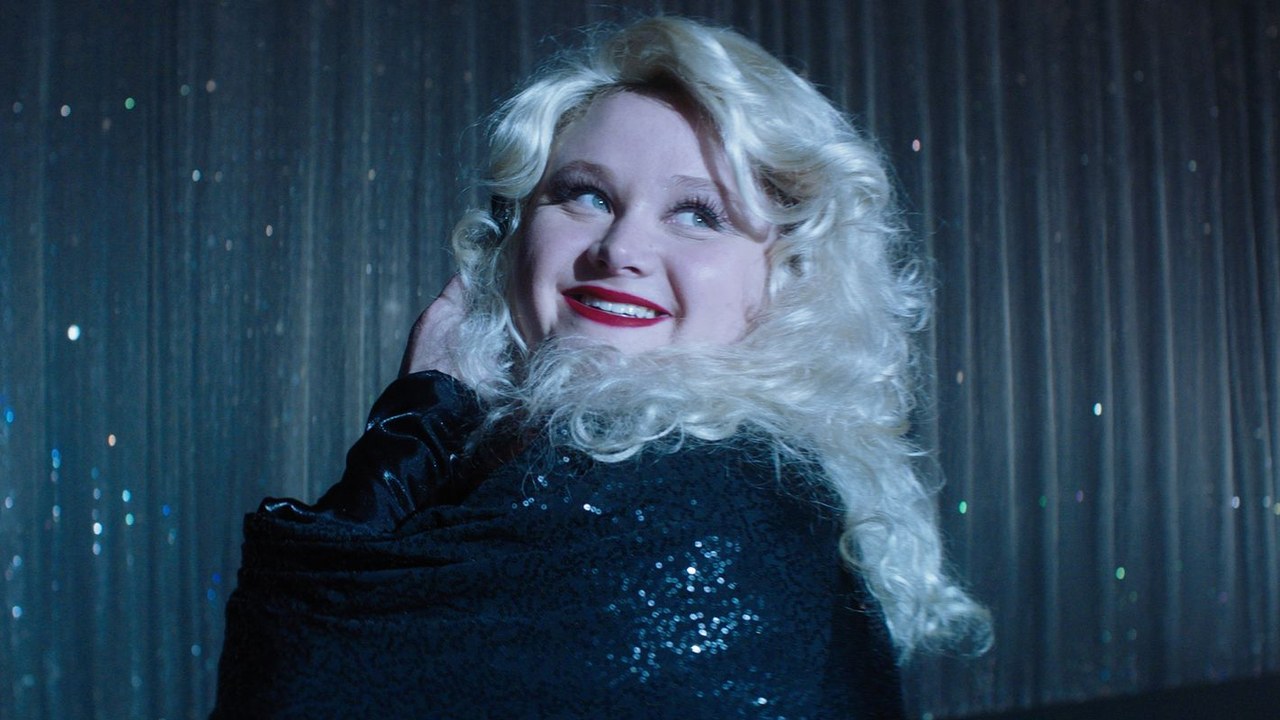Film Review: Dumplin’ (2018)

Anne Fletcher’s Dumplin’ is a nice film that pushes exactly zero boundaries stylistically or politically. There’s nothing wrong with it, per se, but there isn’t anything to grab ahold of either. Aside from some tenderness at the end, it’s a paint by numbers coming of age tale that falls mostly flat, especially when compared to something like Eighth Grade from earlier this year. But, it has a positive message that is potentially helpful and empowering for young people, so it gets some points for that. Not quite enough to save it from mediocrity, but enough to save it from complete obscurity.
Willowdean Dickson (Danielle Macdonald) lives in the shadow of her beauty queen mother Rosie (Jennifer Anniston). Willowdean’s friends, like the plucky Ellen (Odeya Rush), call her “Will” while her mother calls her “Dumplin’” much to her chagrin. Will’s outlook on life is based on the influence of her carefree and proud aunt Lucy (Hilliary Begley), who introduces her at a young age to the life and music of Dolly Parton. Will doesn’t exactly fit the accepted standards of a pageant contestant, so in defiance of her mother, enters one anyway. A kind of protest movement forms when Ellen and other non-traditional entrants (Maddie Baillio and Bex Taylor-Klaus) join the cause by entering as well. With the help of some local drag queens, Will and her friends gain the confidence they need to compete in the glamorous and prestigious Miss Teen Bluebonnet Pageant. Hilarity presumably ensues.
More Dolly Parton and more (real) drag queens, please. Somewhere deep inside Dumplin’ lies a much better story than the one presented. There’s a lot of room for some real subversion and honest discourse about body positivity, unhealthy beauty standards, misogyny, sexism, homophobia, and transphobia, but it’s all swept to the side. Relationships between mothers and daughters are important too, but these uglier issues are introduced (or at least implied) then quickly dropped. It’s as if Dumplin’ wants its audience to feel good about itself without having to be exposed to or implicated in any of these societal issues. It never tackles anything head on – instead meanders around important topics with feigned interest and no real consequences for any of the characters. In fact, Dumplin’ doesn’t even have a defined antagonist. Not that a movie about high schoolers needs to have the stereotypical jocks and popular girls shaming those deemed inferior, but somebody must do something for characters to develop. Everyone seems pretty hunky-dory with each other to the point that there’s no conflict outside of the obvious misunderstandings between family members and best friends. It’s weird.
(Let’s not forget that the drag queens, as far as I can tell, are used as nothing more than props or “Fairy Godmothers” whose sole purpose is to help a white girl achieve her goals and to show how accepting everyone is. Dolly Parton worshipping drag queens in Texas should have been a force to be reckoned with, not a watered-down afterthought. Or, maybe I’m reading too much into it. You be the judge.)
I’m not familiar with the Young Adult novel by Julie Murphy that serves as the source material for Dumplin’ but as a librarian, I am familiar with the Young Adult genre. YA authors mean well, and often their books are reflections of personal experiences that are meant to help kids get through confusing and scary stuff. They’re pared down to lowest common denominators to maximize messaging in a limited number of pages. Film versions often do the same thing but with run time instead of page count. It’s a harmless movie, but it could have had real bite. Dumplin’ is sadly a missed opportunity.

